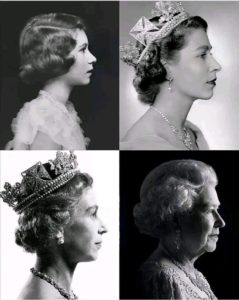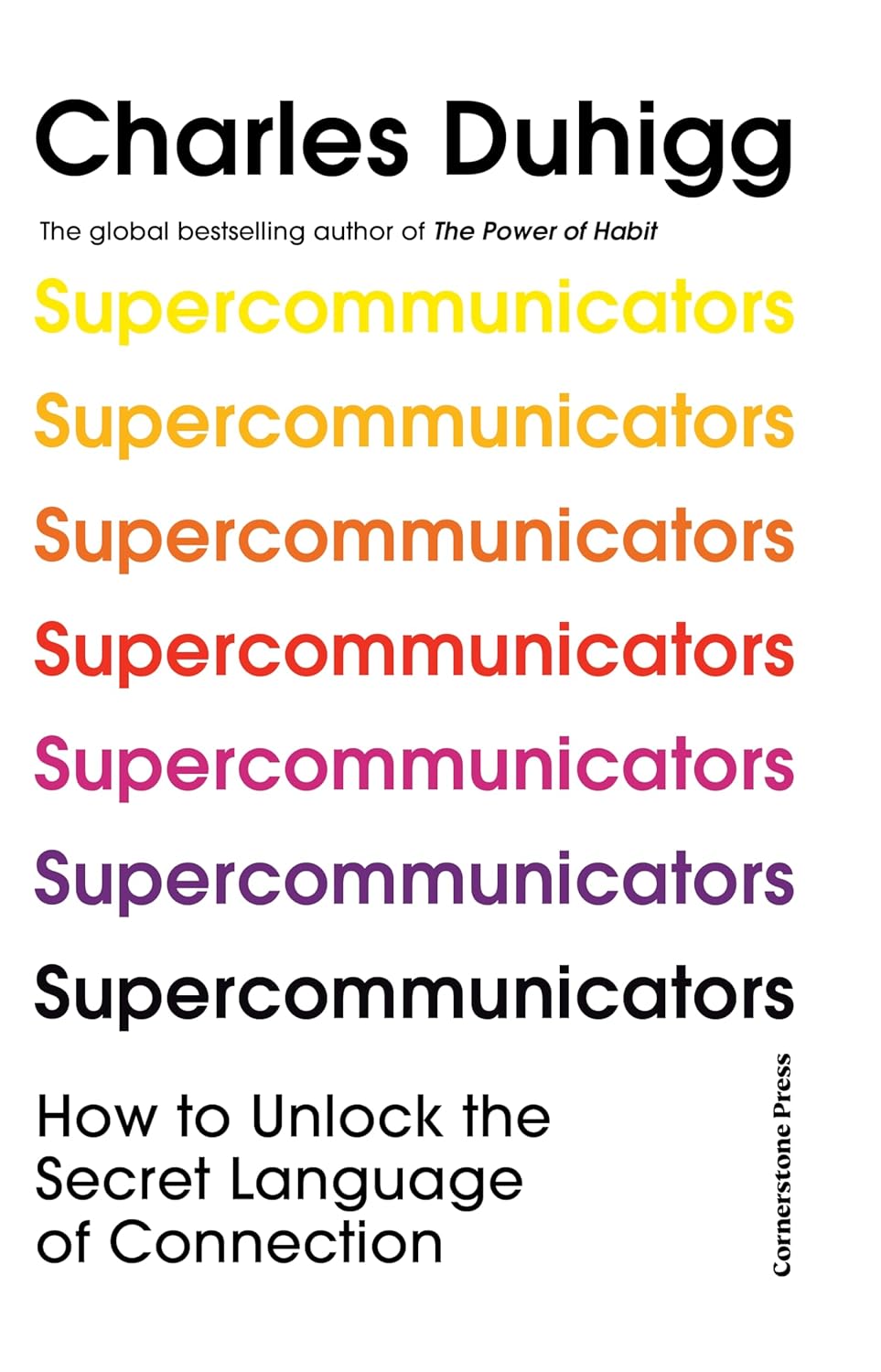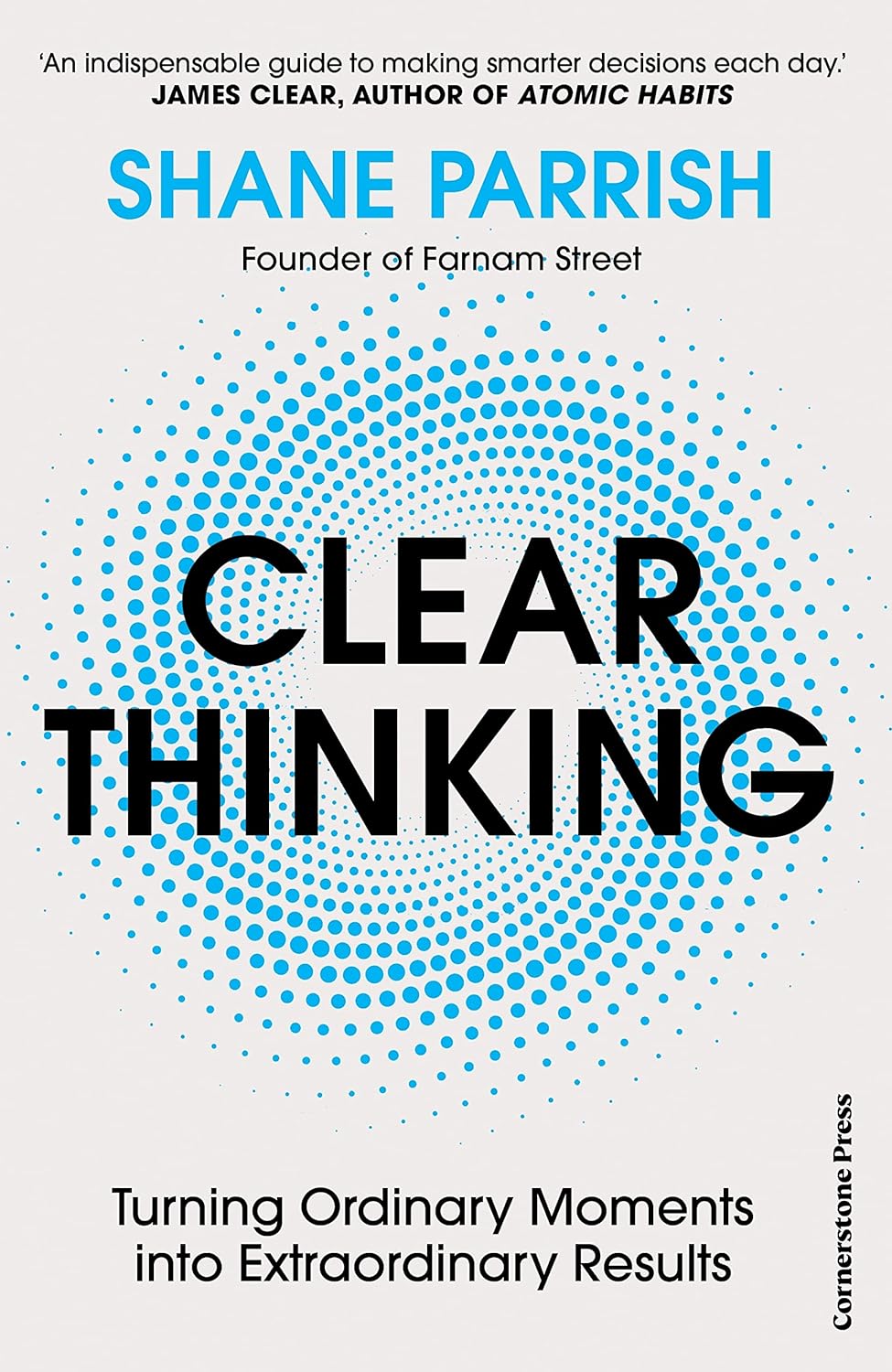From the messages we receive through the media every single day to some of our own preconceptions and learned behaviour about age, we are faced with ageism every single day. And at all ages too. When I was younger, I used to often be confronted with surprise at the kind of work I was doing at my age then. And now that I am getting older, I am fortunate enough to be successful and highly regarded but I can see how easy it is to slip into invisibility.
In my own community I notice how older people are regarded as basically declining in all areas of their lives. Yet that is absolutely NOT a given and I am inspired by Her Majesty Queen Elizabeth II, whose death we are mourning this week, who was vibrant and working right to the end.
“Ageism towards younger and older people is prevalent, unrecognised, unchallenged and has far-reaching consequences for our economies and societies”
Ageism actually has serious and wide-ranging consequences for people’s health and well-being. It’s so easy to make assumptions about teenagers and even labels like “millennials” are often resented for what they represent – actually often negative connotations of being ‘snowflakes’ and over-entitled in some way.
But as we age and become older, the prejudice is even rifer. We attribute forgetting something or misplacing something as a “senior moment” when actually that can happen to someone whatever their age. Or we assume that an older person cannot learn something new when so much research points to positive cognitive changes and the fact that our brains experience new growth of neurons in response to challenges throughout our lives. Vitality is ageless and can be embraced in every sphere.
What if we could start to think and do things differently?
- Start valuing the energy young people have in abundance and nurturing it
- Start sharing experiences more and supporting each other
- Recognising that we are all living longer lives – a baby born today is likely to reach 100 years old – that means that at the age of 60, we could be looking at 40 more years on this planet
- Challenging our own beliefs about ageing and about what we can and can’t do
- Educating ourselves about healthy living and strength at all ages
- Calling out ageism in the workplace, in the media and in our own feelings and thinking
It’s not the passage of time that makes it so hard to get older. It’s ageism, a prejudice that pits us against our future selves — and each other. Ashton Applewhite urges us to dismantle the dread and mobilize against the last socially acceptable prejudice. “Aging is not a problem to be fixed or a disease to be cured,” she says. “It is a natural, powerful, lifelong process that unites us all.”
I believe the best place to start is in what we do day-to-day. Here are a few ideas:
Building self-awareness – exploring our own attitudes about age and how we view others. Are we making an assumption about someone based on their age?
Conversations – asking people about what they are doing, how they are spending their time rather than just asking about health. Maybe not saying “you look great, for your age” and just tell someone how fabulous they look.
Call it out – if you notice it on social media or in what someone says or even how they describe themselves – be more vocal about day-to-day ageism. Question labels like millennials or “silver surfers
This is a theme I’ll be exploring in more detail in the coming months.




